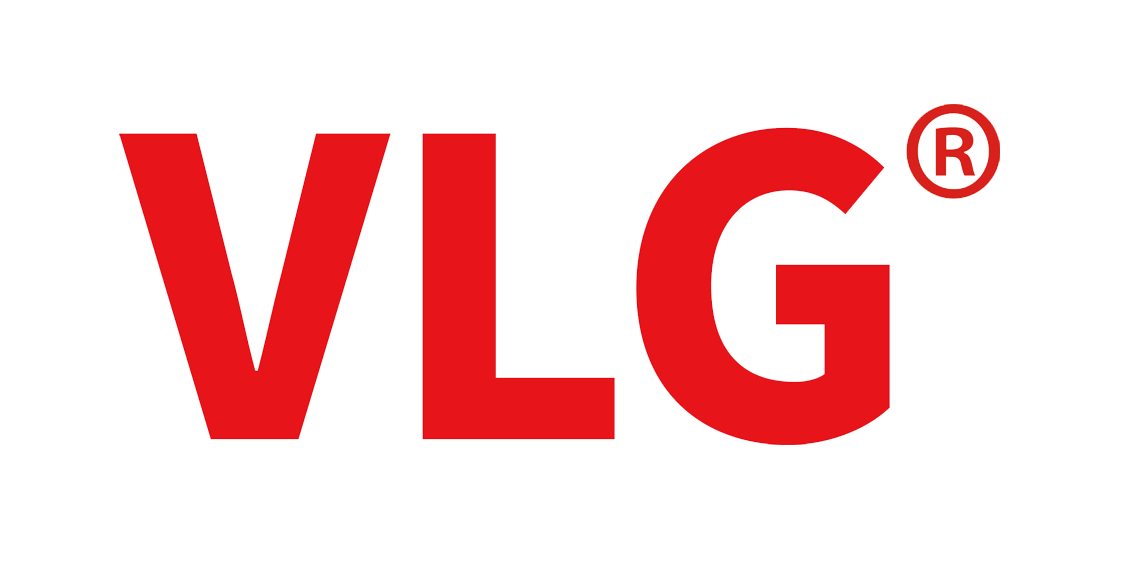With the rapid development of 5G communication technology, its Massive MIMO antenna array plays a crucial
role in the construction of smart cities. Smart cities enable intelligent city management and services by
integrating advanced technologies such as the Internet of Things, cloud computing, big data and artificial
intelligence. As the infrastructure for information transmission, 5G antennas have shown significant application
value and technical advantages in many scenarios of smart cities.
Application scenario:
1. Intelligent Transportation:
• Autonomous vehicles use 5G networks for real-time high-precision positioning and data exchange, and large
-scale antennas can provide low-latency, highly reliable wireless connectivity to ensure the safety and efficiency
of vehicle-to-vehicle communication (V2V) and vehicle-to-infrastructure communication (V2I).
2. Public safety monitoring:
• 5G antenna system can support the simultaneous access of a large number of high-definition cameras, achieve
real-time video streaming, and help the efficient operation of urban security systems. Smart cities can use 5G
networks to quickly respond to and accurately control various public security incidents.
3. Environmental Monitoring and Energy Management:
• In a city-wide sensor network, 5G antennas ensure the high-speed return of massive sensor data for air quality
monitoring, water resource management, smart grid control, etc., to improve resource efficiency and optimize
environmental protection measures.
4. Smart Healthcare:
• Telemedicine, mobile diagnosis and treatment vehicles and emergency medical services can achieve lossless
transmission of ultra-high-definition images through 5G large-scale antennas, ensuring seamless communication
during remote surgical guidance, patient monitoring and first aid.
5. Intelligent lighting and infrastructure maintenance:
• Smart city intelligent lighting system through the 5G network to achieve centralized management and fault warning,
large-scale antenna can cover a wider urban area, improve the intelligent level of municipal facilities operation and
maintenance.
Advantage analysis:
• Enhanced capacity and spectral efficiency:
Using beamforming technology, large-scale antennas can serve more users in a limited space, greatly improving
spectrum utilization, and meeting the needs of a large number of devices online at the same time in smart cities.
• Extremely low latency:
5G antenna technology significantly reduces data transmission latency, which is critical for applications that require
real-time feedback, such as autonomous driving and remote control.
• Wide coverage and deep coverage:
In complex urban environments, such as office buildings or residential areas, large-scale antennas can achieve
three-dimensional space multiplexing through multi-user multiple-input multiple-output (MU-MIMO) technology to
achieve better coverage.
• Flexible deployment and adaptive adjustment:
As smart cities continue to evolve, 5G antenna systems have strong flexibility and adaptive capabilities, and can
dynamically adjust resource allocation and coverage according to actual needs.
In summary, 5G large-scale antenna technology provides a strong support for the construction of smart cities, which
not only greatly improves the efficiency of urban management and service quality, but also profoundly changes the
lifestyle of urban residents, and promotes the society to fully enter a new era of digitalization, networking and
intelligence.






